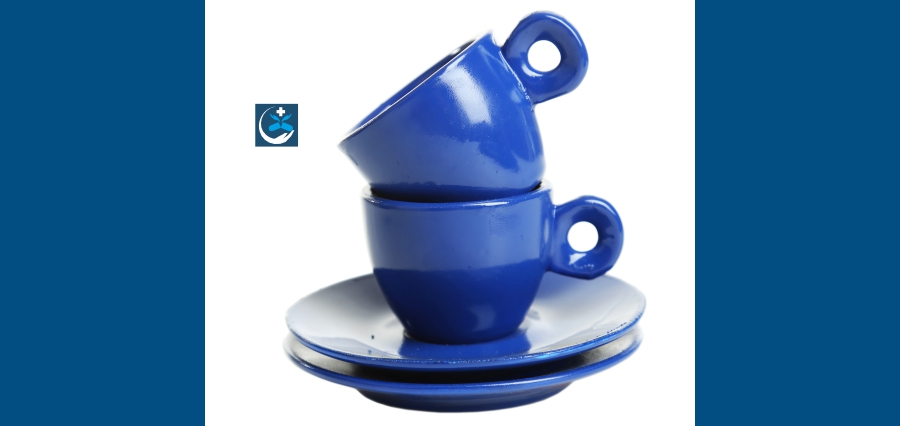The monoclonal antibody developed by Biogen and Eisai was given accelerated approval by the Food and Drug Administration on Friday after clinical trial participants with mild cognitive impairment showed that the medication appeared to only slightly slow the progression of Alzheimer’s disease.
Leqembi will cost an estimated $26,500 per year, though the exact cost will vary depending on the patient, according to the Japanese pharmaceutical company Eisai, which oversaw the development of the medication.
The launch price of Leqembi from Eisai was higher than a separate estimate from the nonprofit Institute for Clinical and Economic Review, which evaluates drug prices based on their value.
Because Medicare has restricted coverage to individuals taking part in studies endorsed by the federal government, the majority of seniors who are eligible for the treatment will be required to pay for it out of pocket.
Executive Director of the Medicare policy program at the Kaiser Family Foundation, Tricia Neuman, estimates that the median annual income of Medicare beneficiaries is around $30,000.
This medication is practically out of reach without Medicare coverage, according to Neuman. Beneficiaries would still be responsible for 20% coinsurance, which is not a small sum, even with Medicare coverage.
Words from ICER
The drug would be cost-effective for patients at a cost ranging from $8,500 to $20,600 per year, according to ICER’s draft report. According to the Alzheimer’s Association, there are roughly 5 million people aged 65 and older who have mild cognitive impairment as a result of Alzheimer’s disease.
A whole class of experimental Alzheimer’s medications that were commercialized through the FDA’s accelerated pathway were subject to coverage restrictions by the Centers for Medicare and Medicaid Services back in April.
CMS chose it in response to safety and efficacy worries that surfaced after the FDA’s contentious early approval of Aduhelm, which was also created by Biogen and Eisai, in June 2021. Brain swelling and bleeding can result from medications like Aduhelm and Leqembi.
Overview from CMS (The Centers for Medicare and Medicaid Services)
According to a House investigation, the FDA approval procedure for Aduhelm was “rife with irregularities.” Despite opposition from its independent expert panel, which found that the available data did not demonstrate a clinical benefit, the FDA approved the treatment.
Monoclonal antibodies that target the amyloid protein, which forms a plaque in certain areas of the brain in people with Alzheimer’s disease, are subject to CMS coverage restrictions. Leqembi is currently subject to the coverage restrictions, according to a statement from CMS on Friday. However, the agency is still investigating the data and may decide to reconsider coverage in light of its findings.
Even those who might qualify based on whether or not they have mild cognitive impairment related to Alzheimer’s disease won’t have widespread access to it, according to Neuman.
The Alzheimer’s Association’s president, Dr. Joanne Pike, described the coverage restrictions as “unprecedented and wrong” in a statement on Friday. Pike claimed that months prior to reviewing the available evidence, CMS had rejected Leqembi’s coverage.
Pike argued that the move by CMS was unfair to people with Alzheimer’s disease and harmful because it had never been made before for any drug. “People are losing days, weeks, and months—memories, skills, and independence—without access to and coverage for this treatment and others in its class. They are squandering time.
If Leqembi is fully approved by the FDA through the conventional process, CMS intends to offer broader coverage, according to a statement from the agency. However, it’s unclear if or when this will occur. On Friday, Eisai submitted a request to the FDA for Leqembi’s complete approval.
Words from Expert
According to Neuman, meeting the needs of those who have Alzheimer’s is a “huge national challenge.” According to her, there is no cure for the illness and the available medications only partially treat it. Leqembi has given rise to hopes that the illness can at the very least be slowed.
Families are battling the effects of Alzheimer’s because there is no cure in sight, according to Neuman. Therefore, there is a great deal of unmet need for any medications that could significantly improve the quality of life for family members who are beginning to experience a cognitive decline due to Alzheimer’s disease.
The FDA has the authority to take a drug off the market if the clinical benefit is not supported by the trials. According to Neuman, the stakes are high for Medicare, so CMS is proceeding cautiously until more information about the safety and efficacy of Leqembi is available.
Last Words
According to clinical trial data that was published in the New England Journal of Medicine, participants who took Leqembi over 18 months experienced a 27% slower rate of cognitive decline.
However, 14% of those who received the medication experienced serious side effects, compared to 11% of those who did not.
The FDA’s accelerated approval program is intended to hasten the release of medications for patients with life-threatening illnesses who have run out of other options. The FDA gives its full approval if the data shows a clinical benefit, and the drug companies are continuing their clinical trials.
Read More News: Click Here







